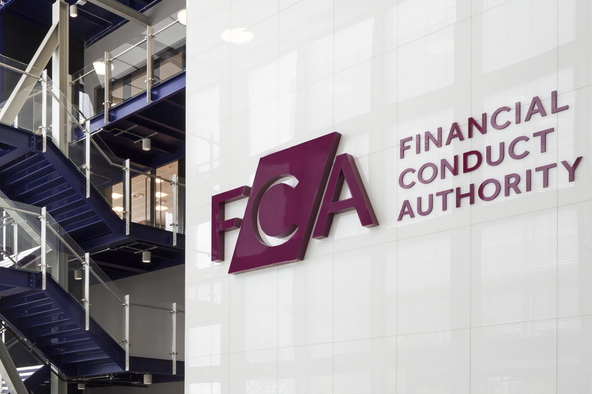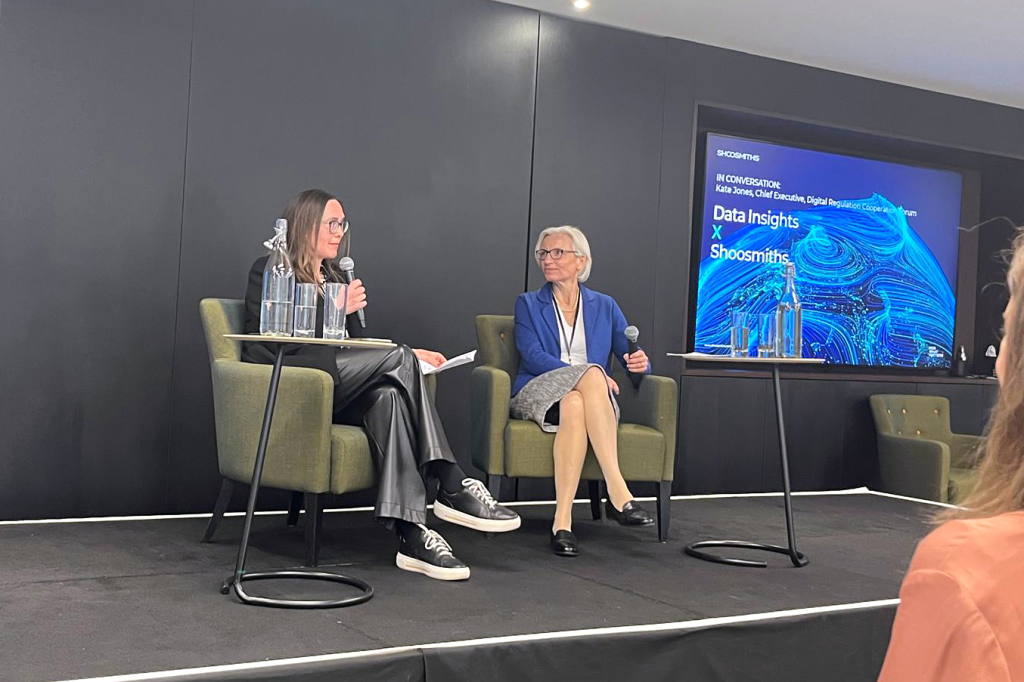Hindenburg Research published an extraordinary report about Block Inc. on Thursday March 23. The primary objective of the report is to suggest that investors are radically wrong about the current share price and future prospects of the company. Hindenburg Research is a short-seller which has taken short positions in Block and would obviously benefit from a decline in the share price if its report manages to sway other investors.
Casting doubts on the hype around Block’s growth outlook, profitability or valuation is pretty standard fare for a short-seller report. But in this instance these simply form a backdrop to the allegations of extensive compliance lapses connected to Block’s Cash App mobile payment platform. Put briefly, the report alleges that Block, by way of Cash App, is actually a facilitator of fraud on a massive scale. The report does not mince words claiming that “Block has embraced one traditionally very ‘underbanked’ segment of the population: criminals.”
User metrics
The report suggests that fake Cash App accounts, rather than being discouraged, proliferate because they help with the company’s user metrics. The report claims that until June 2022, in addition to other identity verification and account issues, users were not required to provide a social security number when they applied for Cash App cards – something that, if true, constitutes a clear contravention of legal requirements.
Former Cash App employees interviewed for the report claim that in many instances “single individuals have numerous associated accounts, sometimes numbering in the hundreds”, and that these accounts are often “associated with blacklisted accounts banned for fraud or other policy violations.” Estimates by former employees cited in the report of the number of accounts being opened that were either fake or involved in fraudulent activity range between an astonishing 40 and 75%.
If these claims were proven to be correct they would represent evidence of serious compliance failures within the organisation. And the report pins the blame directly on management pressure stating that it is this that has resulted in “a pattern of disregard for Anti-Money Laundering (AML) and Know Your Customer (KYC) laws.”
Fake accounts
The mention of management pressure brings to mind the Wells Fargo cross-selling scandal, although in this instance it is not Block employees, but rather Block customers opening the alleged fake and fraudulent accounts. The possible acceptance of this happening as a business as usual practice by Block may potentially closely resemble the cultural failures at the bank, failures which resulted in such serious and long-lasting damage to that institution.
It’s probably worth noting that the consequences of the compliance problems at Wells Fargo included tangible losses in the form of a $100m fine from the CFPB and nearly $3bn in settlements and consent orders. Even if one disregards potential consumer harm here connected with identity theft and fraud, it is not difficult to imagine the state Attorneys General would be particularly interested in trying to draw a causal connection between compliance failures at Block and criminal activity facilitated by Cash App.
SEC and CFPB investigate
Regulators do appear to be taking notice. According to the report an investigation of Block by the SEC in connection with the avoidance of interchange fee regulations may already be under way. A CFPB investigation of Block has been ongoing since August 2020. The report also seems to have spooked investors, with Block shares dropping 15% following its publication.
But stepping away for a moment from the more sensationalist aspects of the report, which remarkably also includes a video compilation to illustrate the popularity of Cash App with criminals, the sheer extent of the compliance failure allegations seems to beg the question of why the organisation has not attracted even more regulatory and investor scrutiny.













